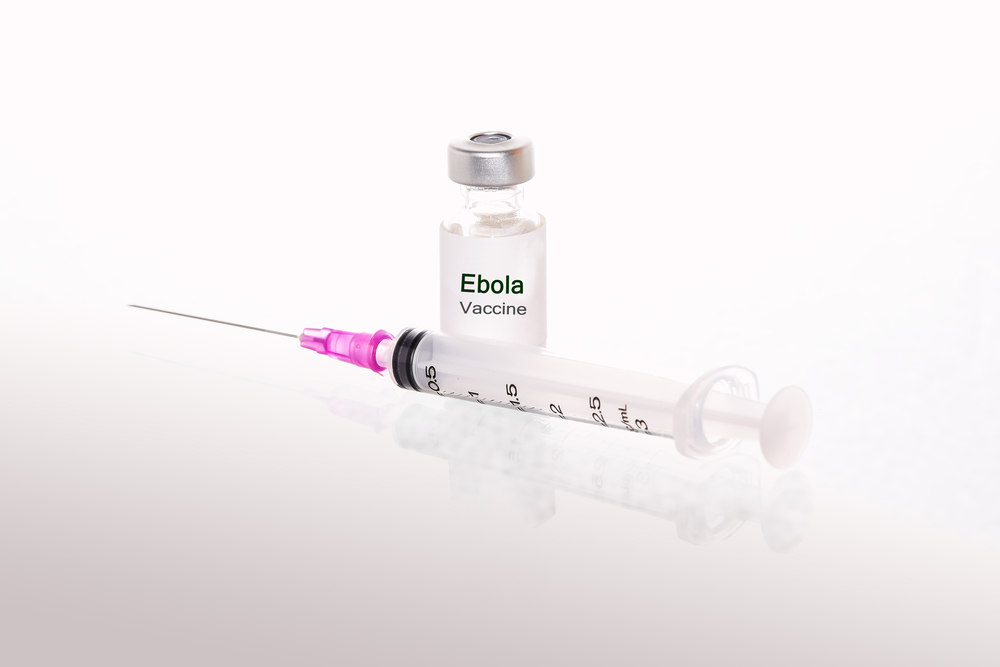
A team of scientists led by Dr. Florian Klein successfully showed how the human immune system responds to the Ebola vaccine currently being used to fight an outbreak in the Democratic Republic of the Congo and create antibodies against the Ebola virus.
Involved in the study of the rVSV-ZEBOV recombinant vaccine were a mix of German and Israeli organizations, including the German Center for Infection Research; Institute of Virology of the Philipps-University Marburg; Hamburg-Eppendorf University Medical Centre; Bernhard Nocht Institute for Tropical Medicine; the University Hospital of Frankfurt, Germany; the University of Tübingen, Germany; and Israel’s Weizmann Institute for Science.
The vaccination floods the body with a broad range of various antibodies to fight Ebola, many of them providing a neutralizing activity that further helps ward infections. Some antibodies, known as B lymphocytes, also acted similarly across different individuals.
“The similarity of certain antibodies amongst the vaccinated individuals is very impressive since each person can produce an almost unlimited number of different antibodies,” Stefanie Ehrhardt, one of the paper’s first authors, said. “The detected antibodies are also similar to those found in Ebola survivors, which corroborates that the vaccine induces an antibody response similar to that of the actual infection.”
In testing, the scientists also showed that therapeutic antibodies could be isolated from vaccinated individuals, meaning one could theoretically isolate specific antibodies from affected individuals and investigate them to protect and treat infections, according to Klein.
Following the dramatic Ebola epidemic in West Africa from 2013 to 2016, viral infections have spread in the Democratic Republic of Congo since 2018. Since then, more than 2,100 deaths have been reported and the number of victims and new infections increases daily. Among the antibodies examined, two — 3T0331 and 4T0243 — were found capable of neutralizing Ebola viruses in cell culture more efficiently than other currently used antibodies.




